Earth
-
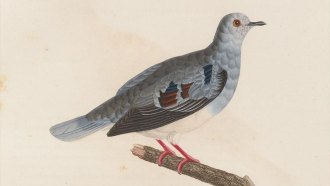 Animals
AnimalsThis bird hasn’t been seen in 38 years. Its song may help track it down
Using bioacoustics, South American scientists are eavesdropping on a forest in hopes of hearing the song of the long-missing purple-winged ground dove.
-
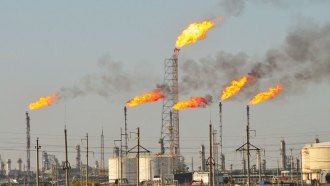 Climate
ClimateCapturing methane from the air would slow global warming. Can it be done?
Removing methane from the atmosphere requires different technology from removing carbon dioxide. Scientists are taking on the challenge.
-
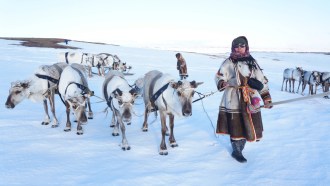 Science & Society
Science & SocietyReindeer herders and scientists collaborate to understand Arctic warming
Siberian reindeer herders and scientists are working together to figure out how to predict rain-on-snow events that turn tundra into deadly ice.
By Sujata Gupta -
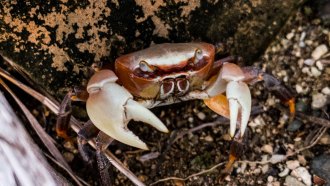 Life
LifeCrabs left the sea not once, but several times, in their evolution
A new study is the most comprehensive analysis yet of the evolution of “true crabs.”
By Amanda Heidt -
 Environment
EnvironmentGrassland and shrubland fires destroy more U.S. homes than forest fires
Grassland and shrubland fires destroyed nearly 11,000 homes in the contiguous United States from 1990 to 2020.
By Nikk Ogasa -
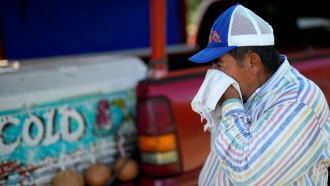 Climate
ClimateThe last 12 months were the hottest on record
The planet’s average temperature was about 1.3 degrees Celsius higher than the 1850–1900 average, a new report finds.
-
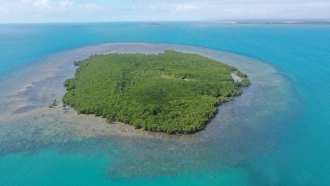 Plants
PlantsOn some Australian islands, sea level rise may be helping mangroves thrive
Rising seas usually spell trouble for mangroves. But the first survey of the Howick Islands in 50 years finds that mangroves there have expanded a lot.
-
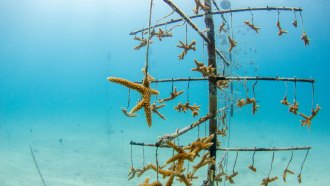 Animals
AnimalsFake fog, ‘re-skinning’ and ‘sea-weeding’ could help coral reefs survive
Coral reefs are in global peril, but scientists around the world are working hard to find ways to help them survive the Anthropocene.
-
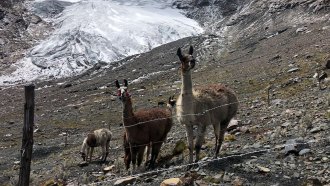 Animals
AnimalsAt the foot of a melting glacier in Peru, llamas helped revitalize the land
A partnership between scientists and farmers suggests how llama herding can mitigate some of the impacts of climate change.
-
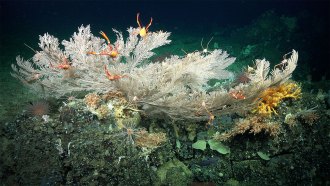 Life
LifeSee the wonders of two newfound deep-sea coral reefs off the Galápagos
Coral reefs around the world are in trouble. But these reefs in the Galápagos Island Marine Reserve have yet to be damaged by humans.
-
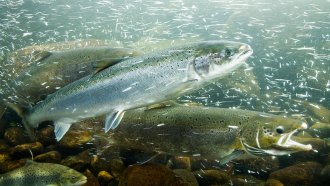 Animals
AnimalsPumping cold water into rivers could act as ‘air conditioning’ for fish
Hundreds of salmon, trout and other fish sought shelter from summer heat in human-made shelters, suggesting a way to help fish adapt to river warming.
By Nikk Ogasa -
 Plants
PlantsBerkley Walker wants to revamp photosynthesis for a changing climate
Finding ways to make plants work better could help feed a growing population, especially as the planet warms.
By Aaron Brooks